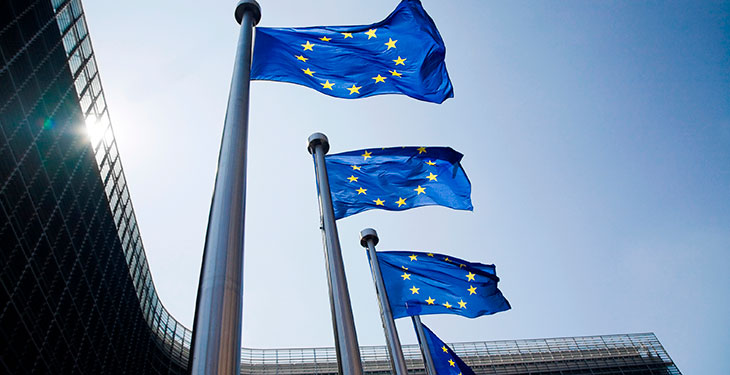European Commission has launched a specific public consultation inviting all stakeholders to submit comments on the proposed revision of the Guidelines on State aid for environmental protection and energy, including extending the scope of the guidelines to allow for support in new areas (clean mobility, energy efficiency of buildings, circularity and biodiversity), according to a statement from the Executive quoted by Agerpres.
In order to take into account the increased importance of climate protection, the revised document will be entitled Guidelines on State aid for climate, energy and the environment. The proposed guidelines also include compatibility rules for flagship areas such as clean mobility infrastructure, biodiversity and resource efficiency to support the transition to a circular economy. Interested parties have eight weeks to respond to the consultation by 2 August 2021.
“Europe will need a considerable amount of sustainable investment. Although much of the support will come from the private sector, public support will have the role of ensuring a rapid green transition. We therefore want to ensure that our rules on state aid for climate, energy and the environment are prepared and appropriate for the green transition.The revised rules will allow Member States to meet the ambitious targets set in the EU Green Pact, while minimizing possible distortions of competition to pass on their views to us,” said Executive Vice President Margrethe Vestager, who is in charge of competition policy.
The guidelines on State aid for environment and energy allow Member States to support environmental protection projects (including climate protection and green energy production), as well as measures to ensure the adequacy of energy production capacity under certain conditions. The guidelines aim to help Member States meet their ambitious energy and climate targets at EU level, at the lowest possible cost to taxpayers and without undue distortion of competition in the single market.
